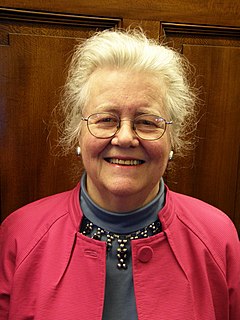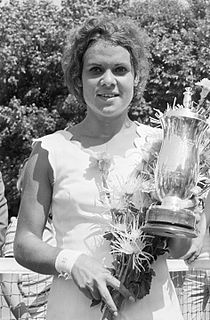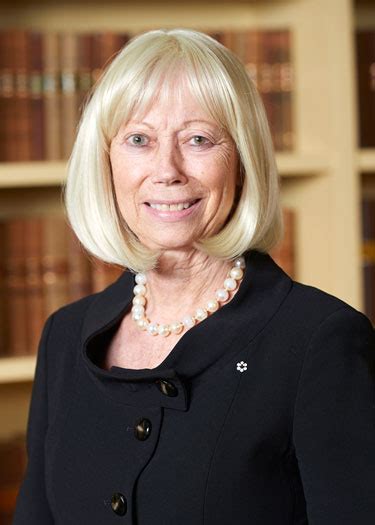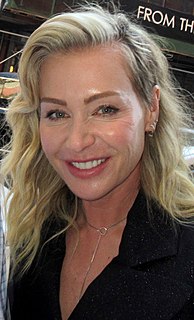A Quote by Peggy McIntosh
As a white person, I realized I had been taught about racism as something that puts others at a disadvantage, but had been taught not to see one of its corollary aspects, white privilege, which puts me at an advantage.
Related Quotes
If cathedrals had been universities If dungeons of the Inquisition had been laboratories If Christians had believed in character instead of creed If they had taken from the bible only that which is GOOD and thrown away the wicked and absurd If temple domes had been observatories If priests had been philosophers If missionaries had taught useful arts instead of bible lore If astrology had been astronomy If the black arts had been chemistry If superstition had been science If religion had been humanity The world then would be a heaven filled with love, and liberty and joy
As an African-American, as a woman I think that I've been sensitized to the way in which history privileges the white male and the way in which certain aspects of history, the things that we are taught in school, the things that are handed down never, never entered the picture though they might have been very important.
As an African-American, as a woman, I think that I've been sensitized to the way in which history privileges the white male and the way in which certain aspects of history, the things that we are taught in school, the things that are handed down, never, never entered the picture though they might have been very important.
I was a guest at CalArts. John Baldessari invited me out a few times. I've been there. I've been in Pasadena, taught out at Boulder, University of Colorado. And I've taught in Europe. I've lectured and taught. I've taught at the École des Beaux-Arts in Nigne [sp]. I was there for a couple of weeks, I was there. I've taught all over - in Switzerland, Germany.
There is a mental fear, which provokes others of us to see the images of witches in a neighbor's yard and stampedes us to burn down this house. And there is a creeping fear of doubt, doubt of what we have been taught, of the validity of so many things we had long since taken for granted to be durable and unchanging. It has become more difficult than ever to distinguish black from white, good from evil, right from wrong.
I see racism as institutional: the rules are different for me because I'm black. It's not necessarily someone's specific attitude against me; it's just the fact that I, as a black man, have a much harder time making an art-house movie and getting it released than a white person does about their very white point of view. That's racism.
White people are so unappreciative, they don't even acknowledge and understand what it means to be white in Canada, and all the layers of privilege that come with that. So they're shocked when somebody says, 'What just happened is racist,' and they said, 'Oh no, couldn't possibly be.' They see racism as people with KKK gowns and pointy hoods with eyes cut out. And we had those too.
I began to see myself as someone who can help others understand diversity rather than feeling like a social outcast. Ellen taught me to not care about other people's opinions. She taught me to be truthful. She taught me to be free. I began to live my life in love and complete acceptance. For the first time I had truly accepted myself.




































